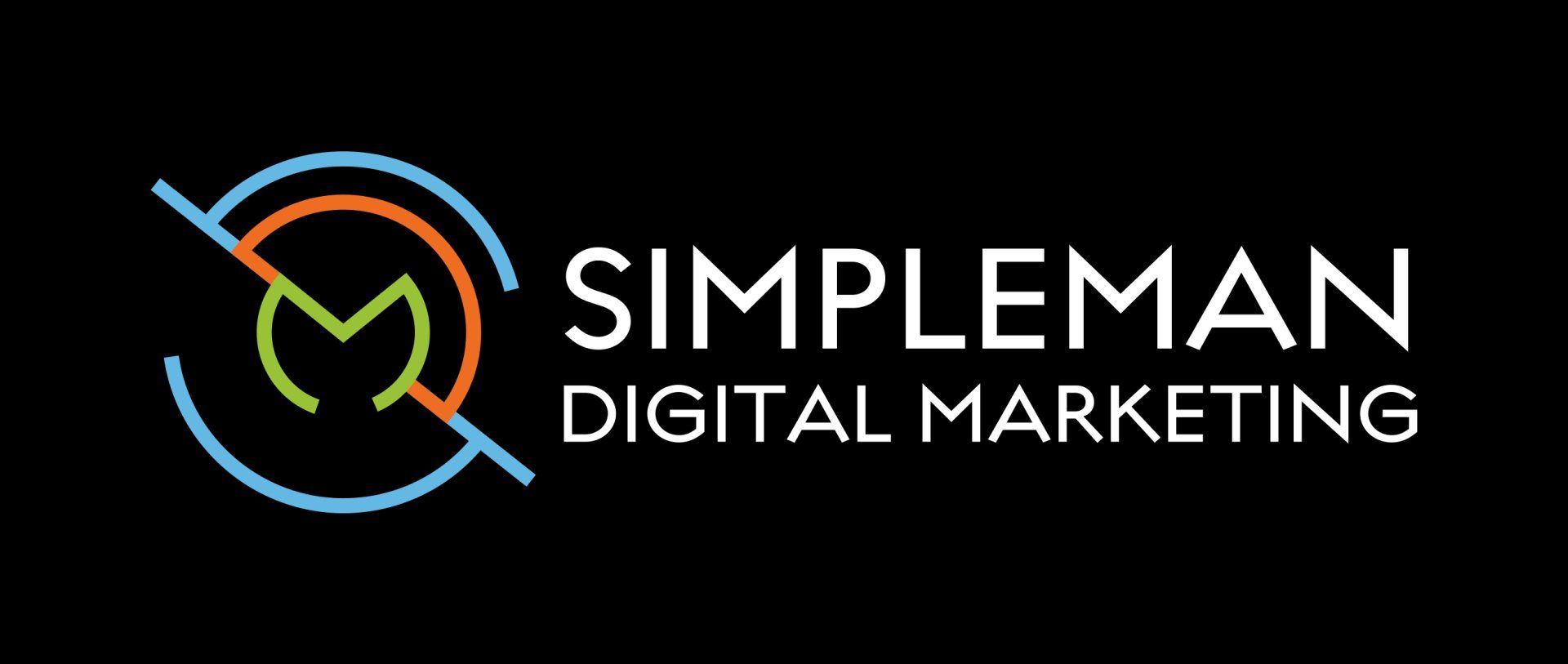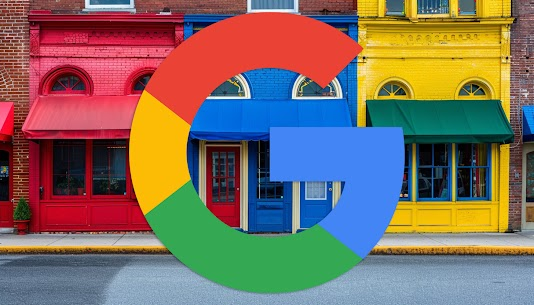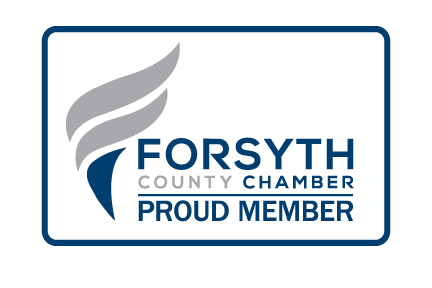The Invisible Shift Already Happening
I've been watching something happen to local businesses that most owners don't even realize is occurring.
Their phones stop ringing. Customer traffic drops. Revenue starts declining.
They blame the economy. They blame competition. They blame everything except the real culprit.
AI systems are already deciding which businesses get customers and which ones become invisible.
When I show a business owner that their competitor appears in ChatGPT or Google's AI responses while they don't, the reaction is immediate. Pure concern mixed with urgency.
Because they suddenly understand what's been happening to their business.
The Invisible Shift Already Happening
Most local business owners have no idea that 77% of companies are either using or exploring AI in their businesses. More importantly, they don't realize customers are already using AI to find local services.
I can actually show business owners traffic coming directly from AI language models in their analytics. The surprise on their faces tells the whole story.
They had no idea AI could be a profit center. Or that it was already directing customers away from them.
The shift isn't coming. It's here.
Voice search makes this even more critical. 76% of voice searches are "near me" or local queries. When someone asks their phone for a plumber, AI picks two or three businesses to recommend.
Not ten options like traditional search.
Either you're chosen or you're invisible.
Where AI Systems Actually Look
Here's what most business owners get wrong about AI search. They think it's just about their website.
AI systems pull information from everywhere. Google Business Profiles, Better Business Bureau listings, industry directories, blogs, articles mentioning the business.
Your digital footprint across multiple platforms determines whether AI recommends you.
I spend time reverse-engineering where these AI systems source their information. Then I help clients establish presence on those exact platforms.
Because being on just Google isn't enough anymore.
Different AI systems trust different sources. ChatGPT pulls from Bing's database, so you need optimization on Microsoft's ecosystem. Google's AI heavily favors Google Business Profile information.
This fragmentation means businesses must optimize for multiple AI ecosystems simultaneously.
Most local businesses don't have the time or knowledge to figure this out themselves. That's where having a local marketing partner becomes crucial.
The Voice Search Revolution
The next wave will be even more dramatic.
When someone uses voice search, they're not looking at a screen. They're listening to AI recommend one business. Maybe two if they're lucky.
Voice search creates winner-take-all dynamics in local markets.
AI will factor in real-time availability, location context, and trust signals to make these recommendations. The competition for that single recommendation slot becomes intense.
I predict paid advertising will soon appear in AI responses too. Creating another competitive layer that businesses need to understand.
The businesses that establish themselves as "category kings" in AI systems now will be incredibly difficult to dethrone later.
Marketing Becomes Mandatory
This creates a fundamental shift for local businesses.
Marketing used to be optional. Build a great business, do quality work, rely on word-of-mouth and referrals.
That model is disappearing as customers increasingly rely on AI-mediated discovery.
I see this challenge daily with craftsmen and small business owners. They built their reputations on relationships and quality work rather than marketing expertise.
The businesses that survive will bridge the gap between craftsmanship and digital visibility. Either by learning these new skills or partnering with experts who understand them.
Those who refuse to adapt risk being squeezed out regardless of their actual service quality.
Technical marketing knowledge is becoming almost as important as trade skills for business survival.
The Early Adopter Advantage
Here's what gives me hope for the businesses that act quickly.
Early adopters gain exponential advantages in AI search.
Once you've built the trust signals that AI systems recognize, you become the default recommendation. Competitors have to work much harder to displace you.
Google reviews account for 81% of all online review volume, and spreading positive reviews across multiple trusted platforms rather than concentrating only on Google becomes essential for AI visibility.
I'm selective about clients because I work with only one business per category per service area. Essentially choosing which companies will dominate their local markets.
This selection process considers service quality, willingness to adapt business practices, and sufficient budget to compete effectively.
Because in two years, I predict manual search will largely disappear. Most people will simply talk to AI through various devices.
What This Means For Your Business
Being "findable" becomes binary. Either the AI recommends your business or you're invisible to potential customers.
A few AI companies will control most customer discovery. Understanding how to work within their systems becomes critical.
The phone calls and website visits that drive revenue depend on AI visibility now.
For local businesses in the North Atlanta market, this transformation is happening whether you're ready or not.
The question isn't whether AI search will impact your business. It's whether you'll adapt quickly enough to benefit from the change.
Because your competitors are already making that choice.
And AI is already choosing between you.





